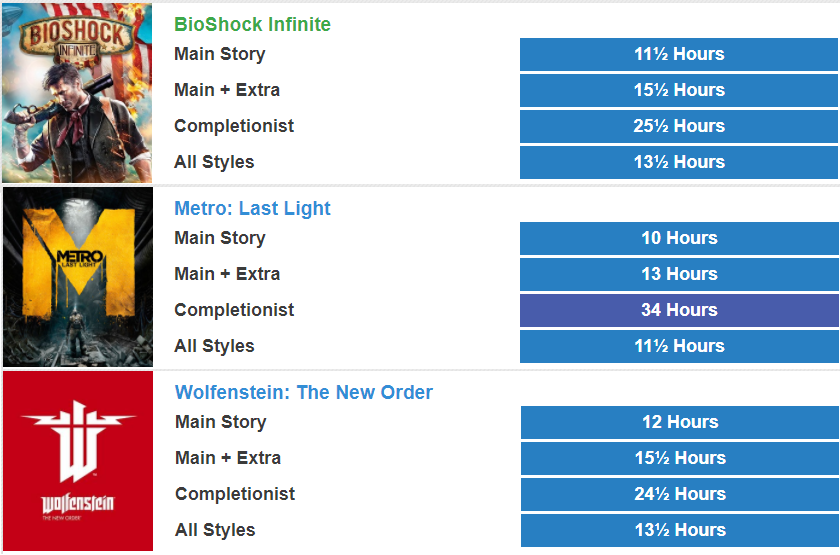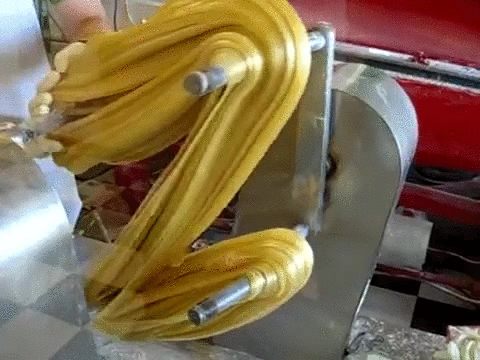It's not complex, it's poorly done. You can't argue that people have "missed* something if you can't actually articulate what that something is.
The original divergence point is the baptism where Booker does/does not become Comstock. This creates two distinct timelines that have, themselves, infinite variation.
α=Comstock timeline
β=Booker timeline
The Lutece from timeline α invents quantum tearing and contacts the Lutece from some other timeline, likely timeline β. Together they create a ton of quantum technology and help Comstock build Columbia. They work with Comstock for a while up to and including helping him buy/steal Elizabeth from Booker in timeline β.
After a while they get disillusioned with Comstock and some non-zero percentage of Luteces from timeline α recruit some non-zero percentage of Bookers from timeline β to come rescue Elizabeth.
That's the start of the game.
You, the player, are a Booker from timeline β brought to timeline α. All the events of the game take place within timeline α's main trunk.
Start of game = αA.
So player character Booker arrives in αA, meets Elizabeth and makes a deal with Daisy to take an airship in exchange for weapons. They go to the gunsmith only to find that they can't get what they need.
Elizabeth transports them to timeline αB where they can get weapons. In timeline αB the Vox are already in revolt, the Booker who started in αB was allied with Vox and has already died.
What would make sense at this point would be for for Elizabeth and Booker to return to timeline αA with the weapons in order to complete their deal with Daisy. Instead they stay in timeline αB and expect Daisy αB to honor the deal they made with Daisy αA even though the preceding events which led to this deal could not have happened. Where is Elizabeth αB? Who cares? The game certainly doesn't and seems to think you're too stupid to ask.
The plot continues in timeline αB until Elizabeth is captured by the Songbird (again, where is Elizabeth αB?). Booker gets pulled into the future of timeline αB by the old version of Elizabeth αA. She tells him how to stop the Songbird and rescue her past self so she doesn't end up evil and crazy. Booker returns to the "present" of αB and rescues Elizabeth and then kills Comstock αB.
They then escape the Songbird by jumping to Rapture in timeline who-gives-a-fuck, they have a chat about the infinite timelines and fill in the backstory and then return to when Booker did/did not become Comstock and drown him to stop Comstock from existing and Columbia from being created.
The entire story takes place in two branches of timeline α and there is
one meaningful jump between them. It's not complex, it can be diagrammed with three lines.
Edit: Here, I did:
So the story unfolds the way that it does because the two protagonists fundamentally do not understand the implications of moving from timeline αA to timeline αB. And the writers seemingly forgot or didn't understand those implications because they never account for Elizabeth αB, have Daisy αB remember a conversation between Booker and Daisy αA, and generally treat timeline αB as an interchangeable continuation of timeline αA.
But thats not actually where they really fucked up. Did you catch it?
Except he didnt. When he rescued Elizabeth he created timeline
αC. Old Elizabeth αB is still in 1984. New York City αB is still destroyed by Columbia. Those events cant be prevented, you can only create a timeline where they dont occur.
This brings us to the ending. Even
if we take the game at its word that killing Booker at the Baptism will prevent Columbia from ever existing (it wont it will just create a new timeline branch γ where Booker drowned) it still wont work. And the best example of that is because timeline αB, where the majority of the game takes place,
would still fucking exist.
How? Well remember, you the player are playing a version of Booker from β who was brought to timeline αA. So lets call this Booker βA. So at the end of the game a number of different versions of Elizabeth show up to drown Booker βA who has presumably been merged with their versions of Booker β to stop him from becoming/not becoming Comstock.
But what about the Booker who originally came to Columbia in timeline αB? What about Booker βB? Booker βB didnt go back to get drowned and stop his version of Comstock from branching off, Booker βB is already dead. What about the versions of Booker who never took the deal? What about the versions of Columbia that were annexed by the US government before Comstock could escape? What about the universes where Elizabeth decided to willingly follow in Comstocks footsteps and didnt go back to drown Booker?
In the words of Rick Sanchez, What about the universe where Hitler cured cancer? The answer is dont think about it!
Even by the games own rules, which split between quantum many worlds and stable time loop models even though they are not compatible narratively let alone scientifically, you cant actually stop Comstock and Columbia from being created, you can only stop certain versions of them from being created.
So no, again, the game is not some masterwork of time-travel fiction. Its sloppy and hopes that youre too wowed by the spectacle to realize that the underlying rules are a contradictory mess. And worst of all, it misunderstands its own premise so badly that it results in an ending that literally doesnt prevent most of the bad things from happening. Booker βA and Elizabeth αA
literally would have been better off just escaping Columbia and going off to live in timeline αC because at least in
that timeline Comstock is dead and Columbia has been neutralized as a threat.




